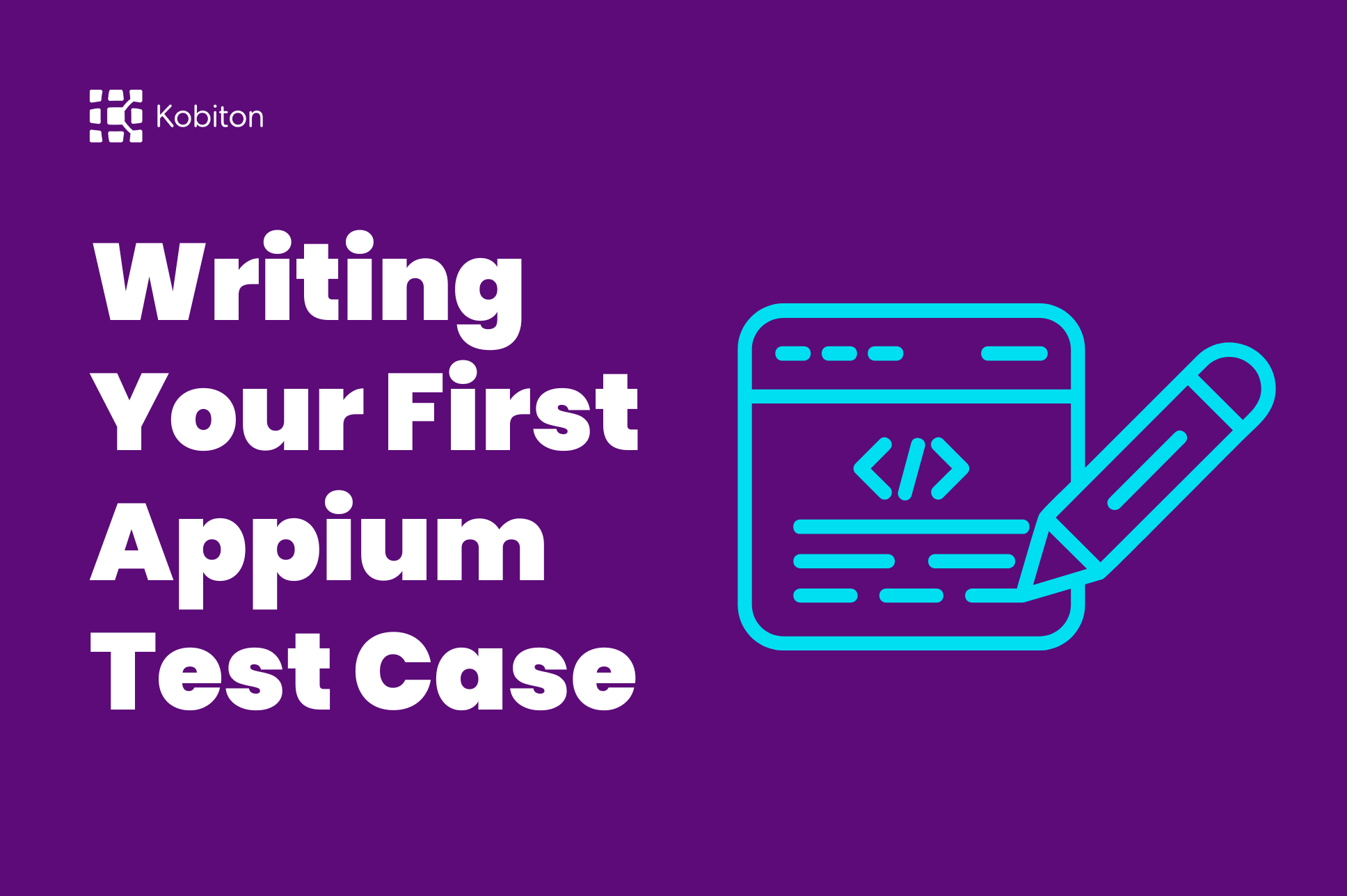
Writing Your First Appium Test Case

Frank Moyer
Continuing your Appium learning is important to becoming the full-fledged automation tester you want to be. If you’re here, congratulations on sticking with it. You know the important terminologies of Appium and are ready to work with any Appium project.
Of course, your journey into the world of Automation and Appium testing has only really begun. The tools and techniques are constantly evolving, just as you need to.
In this article, we’ll leave you with some thoughts on how you can continue to grow your testing knowledge.
One aspect of becoming a better automation engineer is to keep improving on certain areas within testing. These include:
Automation is not the testing panacea. If you can’t test well manually, automation isn’t going to help. Automation delivers you the power to automate manual tasks, so you must use it wisely. If you don’t understand application under test very well then you will likely not create the more important test cases – moreover, getting bogged down into automation complexities can lead you to miss some high priority production bugs.
Manual testing always provides one extra layer of surety and there is a rule in automation that “100% automation cannot be achieved”. There are some areas in the application that cannot be automated, and manual testing is the only way to test your application completely. You can find a great article about when to use automation testing and manual testing here.
Programming is the key to success in automation testing. Usually coding becomes the bottleneck for manual testers if they don’t know programming and programming concepts.
It helps to have knowledge of various programming languages including Java, C#, Python, PHP or Ruby. You don’t need to be an expert coder, but you need familiarity with the concepts.
Moreover, Database knowledge will also to validate database operations and queries, so it is helpful to be familiar with SQL and even NoSql.
And XML, HTML, CSS, and JavaScript are the backbones of automation testing so that is mandatory.
Having knowledge of programming concepts and algorithms knowledge helps you in many ways especially when you are dealing with complex automation scenarios. The more you use programming concepts in your automation framework the more maintainable the architecture will be, and the more likely you will be able to more easily tackle complex automation.
Don’t just start automating. Go into this with a strategy of what you hope to achieve (faster testing, regression testing, high risk areas?) and a plan for getting there.
Your plan should include selecting the right candidate application for automation testing, the right automation tool and language, the DevOps environment and integration needed, and all of that considering the resources (quantity, time and skill) at your disposal. Ultimately, you also need to validate the ROI behind your automation initiative.
There is a fine article written here which provides detailed information about how you can create the best automation strategy for your project.
As we said, the world of Appium and automation is constantly changing. There are a great many online resources you can leverage to further your knowledge:
We hope you enjoyed learning more about Appium and Automation testing. This is an exciting time to be a test engineer, especially to be involved with automated testing. 2024 will see great advancements in the application of AI technology to the testing space, and will likely require even more sophisticated test engineers. You’ve taking a great first step by reading this book, now go out there and automate!

If you’d like to learn more, contact Kobiton today.